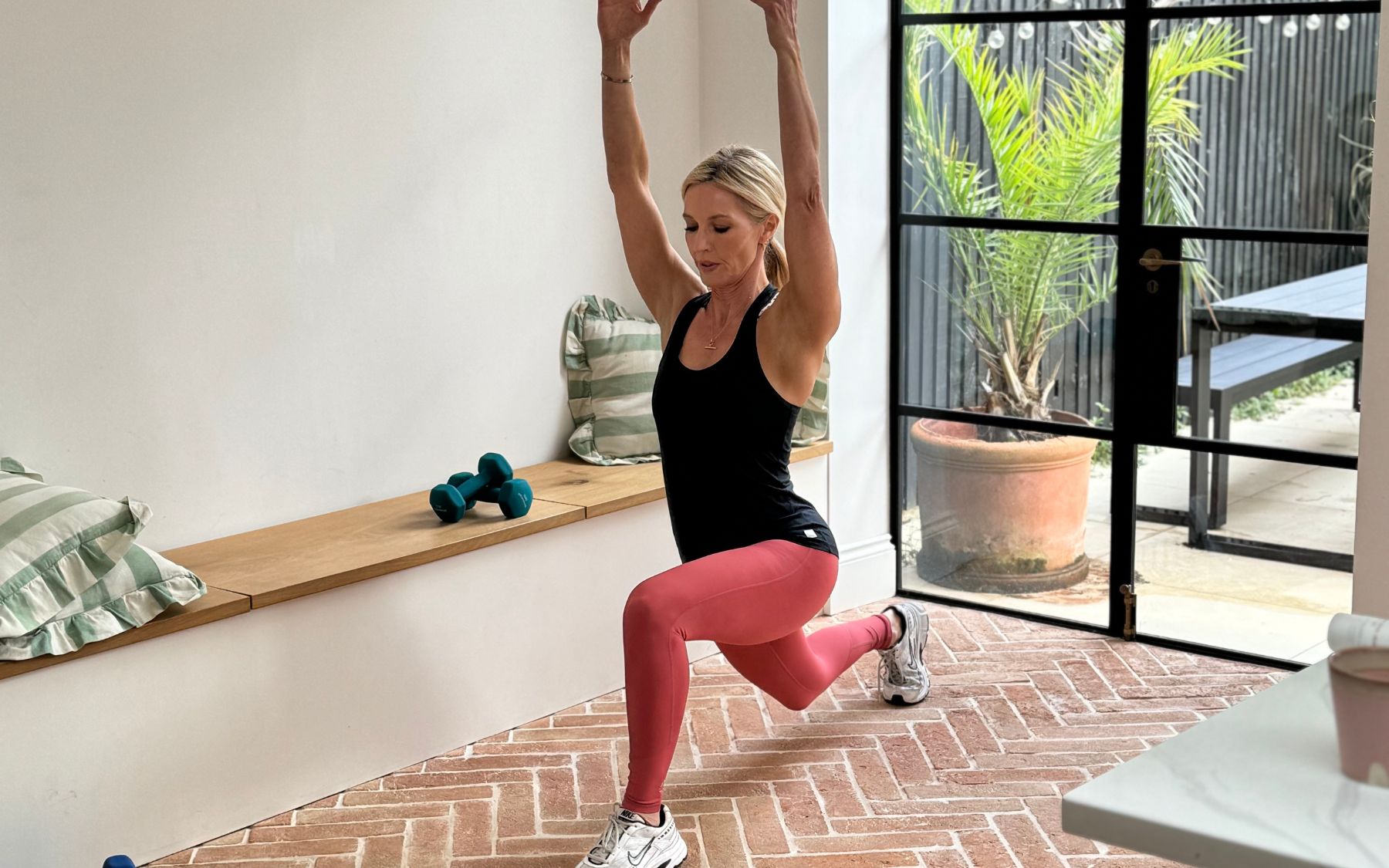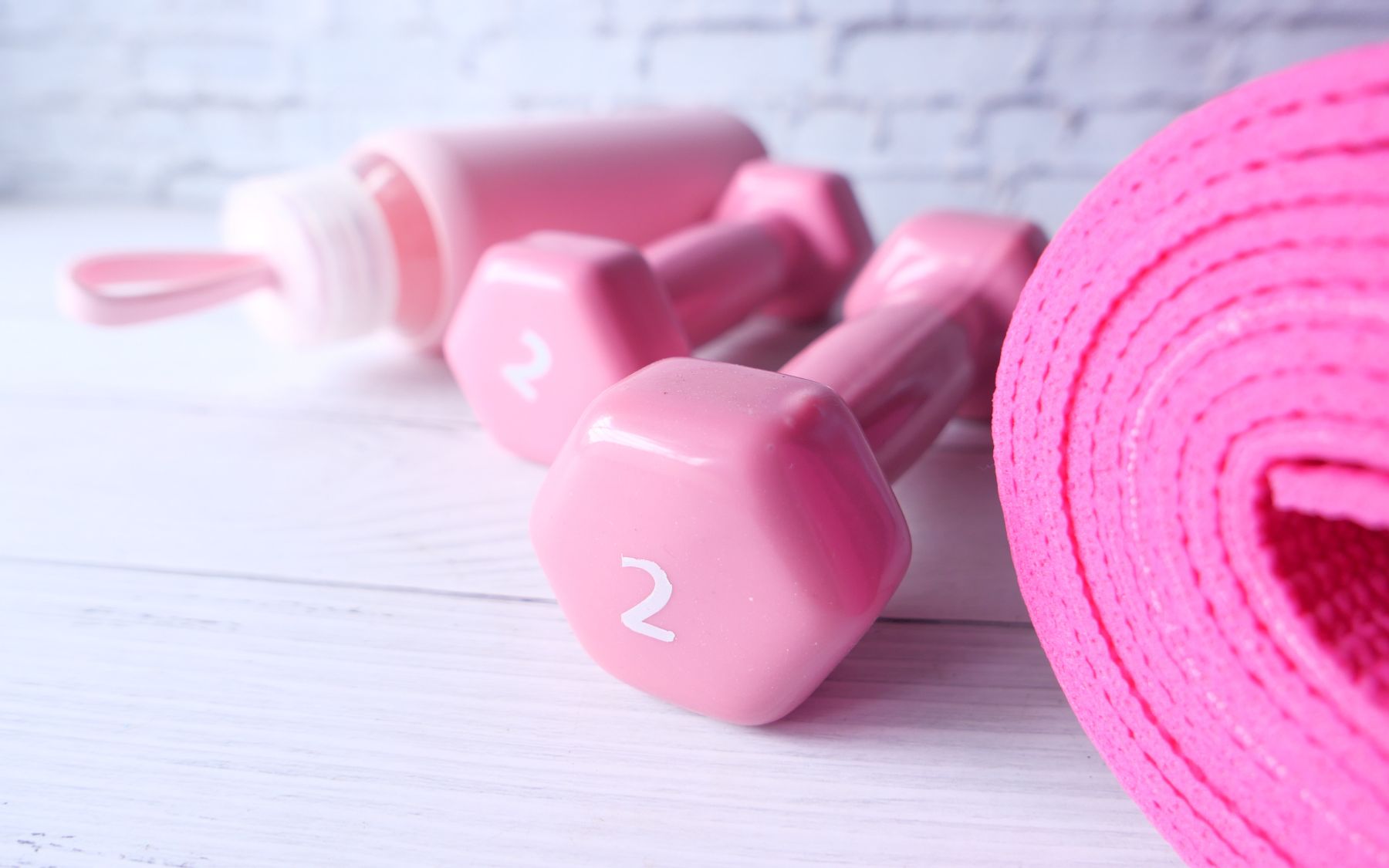Many of us are great at running, cycling, working out and ticking the step count goal but are also guilty of skipping meals and constantly snacking on sugar when we are short on time. Well, it's time to step up our game and make food our priority because research has shown that eating enough of the good stuff can have a profound effect on our cardiovascular system – and the best news is the changes can begin in as little as 4 days!
New research out of a study in Boston has indicated that, once age and exercise habits had been accounted for, those who ate a diet higher in vegetables, fruits, whole grains, nuts, legumes, and fish performed better in aerobic fitness tests - suggesting that better diets lead to higher fitness.
The suggestion that switching to the Mediterranean diet isn’t a new one and this lifestyle is well known for being abundant in leafy greens, fish and chicken alongside plenty of milk and water. The common theme here is lower sugar and next to no processed foods! And now we have some firm evidence to back up the theory.
But are there specific foods to target and combine with regular exercise to get yourself as fit as possible? The answer is yes and the best way to get the benefits from the nutrients of these foods is to have them as part of our diet rather than supplements. So what are these superfoods?
Firstly blueberries – they are rich in antioxidants which have anti-inflammatory properties so play a key role in recovery. 200g of blueberries as part of your post exercise snack can help improve your recovery time and speed up muscle repair. Why not try them with some natural yoghurt or in a smoothie?
Nitrates are a compound which when converted to nitric oxide in the body have vasodilatory effects – this means that they dilate or relax the blood vessels meaning more blood, oxygen and nutrients can get to the muscles during exercise. So where can we get our nitrates – beetroot, Swiss chard, spinach, rocket and radishes…bring on those summer salads!
Olive oil has for a long time been the hero of the oils being rich in monounsaturated fats (which are also great for reducing inflammation) but now further evidence is evident suggesting it also boosts muscle metabolism and enhances our aerobic exercise.
You might be surprised to hear that the best rehydration strategy post workout is a glass of milk! It has a brilliant balance of water, carbs, protein and micronutrients, giving your body exactly what it needs when it has worked hard, kickstarting the recovery process.
What about eating for strength training? We know that we need to be getting enough protein in our diets for muscle repair and strength gains but did you know that almonds are high in protein and fibre and are a great way to boost protein intake between meals? Much better than a cereal bar or similar!
Let me know how you are getting on with your strength training and any tips you have for eating well to support your training?
Caroline x







